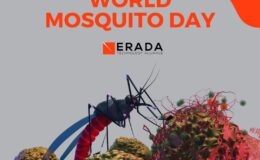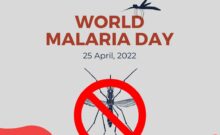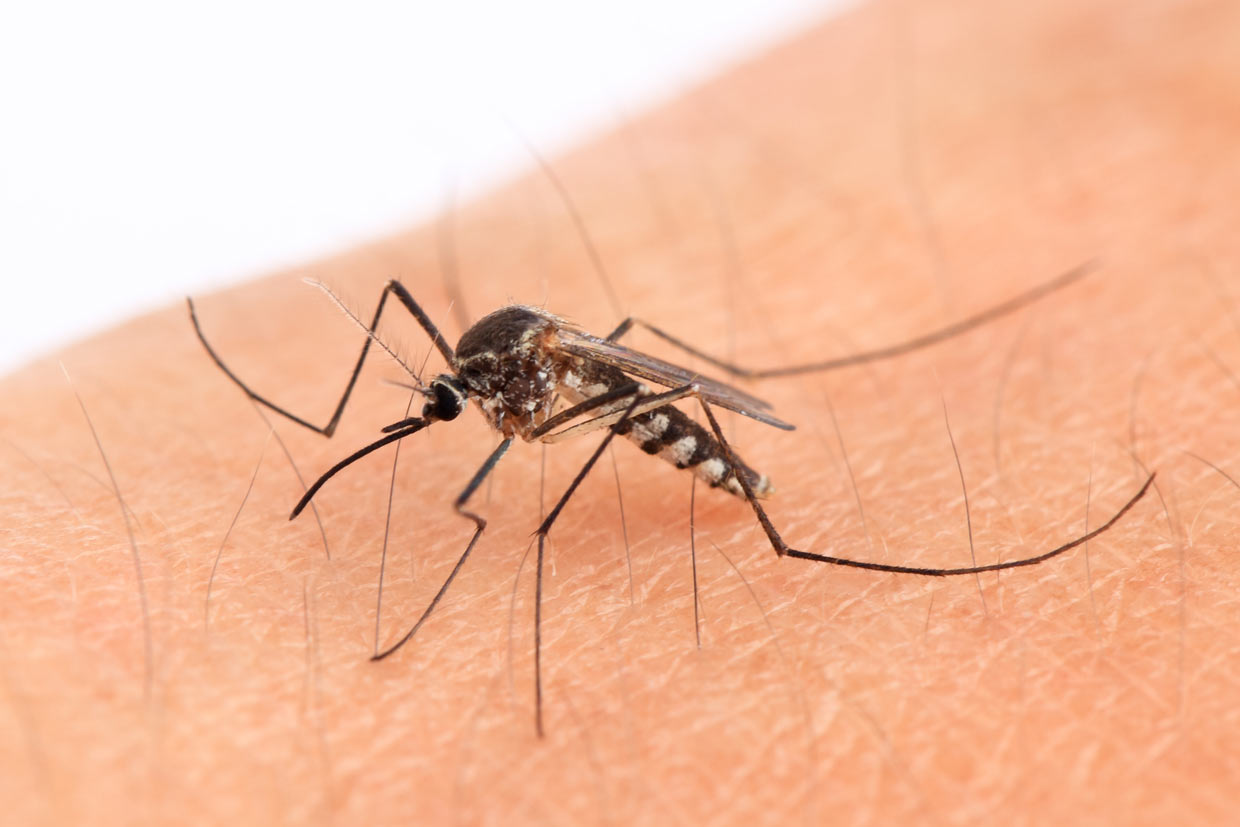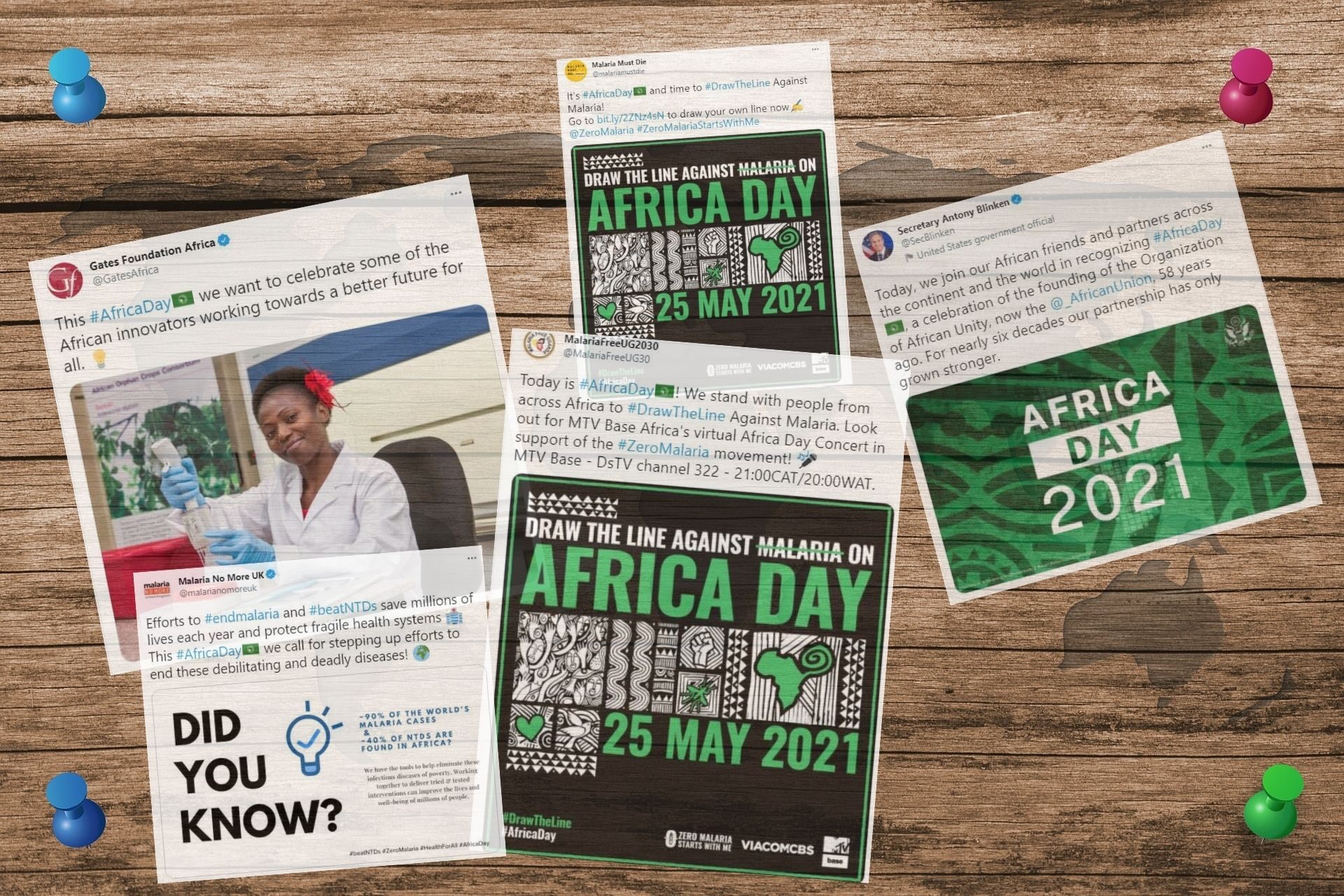Dr Benji Pretorius warns that more than a decade of progress made in the fight to end malaria will be reversed if prevention methods are halted during the current COVID-19 outbreak.
His warnings come in the wake of reports from the World Health Organization (WHO) of the suspension of insecticide-treated nets (ITNs) and indoor residual spraying (IRS) campaigns in several African countries due to concerns around exposure to COVID-19.
WHO also reports of supply chain disruptions to essential malaria commodities – ITNs, RDTs and malaria medication, due to the lockdown measures that have been put in place around the world and are only just starting to ease up.
Dr Pretorius said: “Though we have seen hard won gains in our struggle against malaria, we cannot allow these to be undone in the wake of this current COVID-19 pandemic. We have already seen the impacts of stalling malaria prevention; during the 2014 -16 Ebola outbreak, West Africa saw a massive increase in malaria cases and deaths due to disruptions to malaria services.
“Having nearly died from malaria myself I know how devastating it can be and that it could have been prevented, if only I had been diagnosed sooner. As early symptoms of COVID-19 and malaria are similar, diagnostic testing must remain available, to prevent already stretched healthcare systems from being overwhelmed.”
Malaria kills almost 500,000 people a year. But halting prevention programmes could see that number double in 2020, with Sub-Saharan Africa being the hardest hit. The region already has the highest malaria burden in the world, with 93% of the world’s total cases reported in 2018.
WHO has similarly urged for countries to continue existing anti-malaria campaigns whilst doing the utmost to protect front-line healthcare workers, such as following best practices, having adequate ventilation and providing personal protective equipment.
Dr Pretorius added: “Communities must be enabled to manage both COVID-19 and malaria, rather than prioritizing one disease over another.”
WHO’s guidelines on malaria interventions during the Coid19 pandemic are available here.







